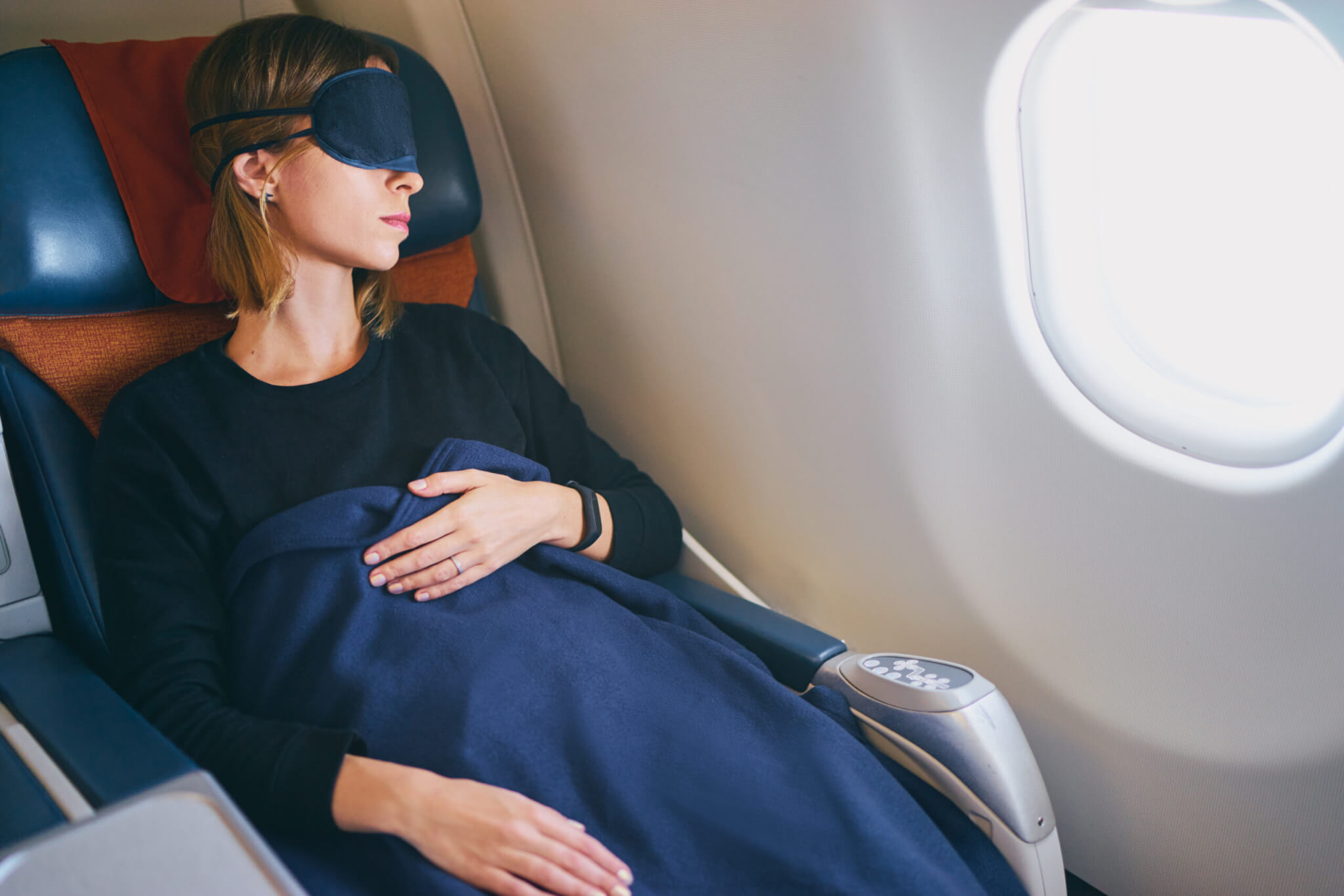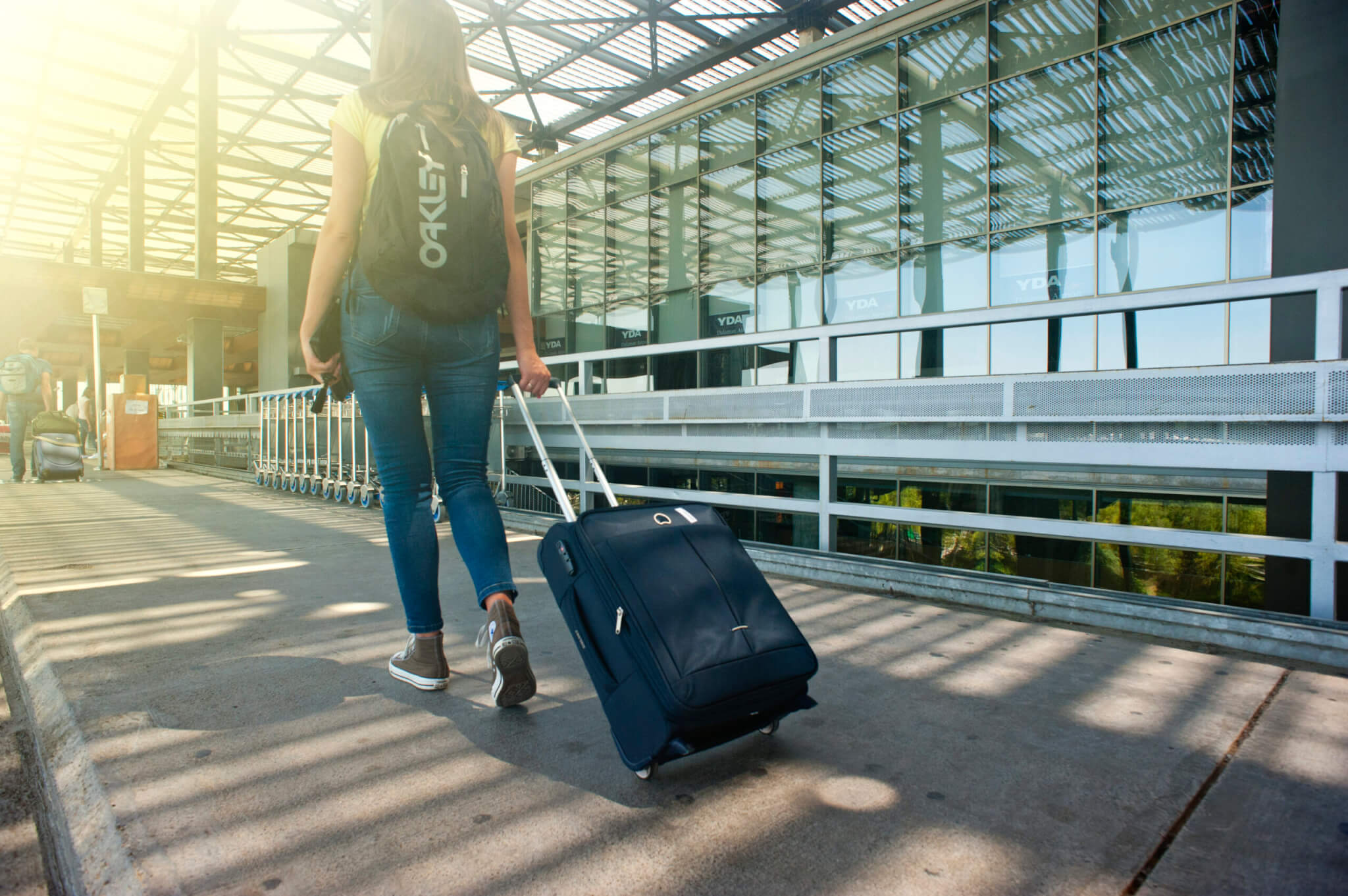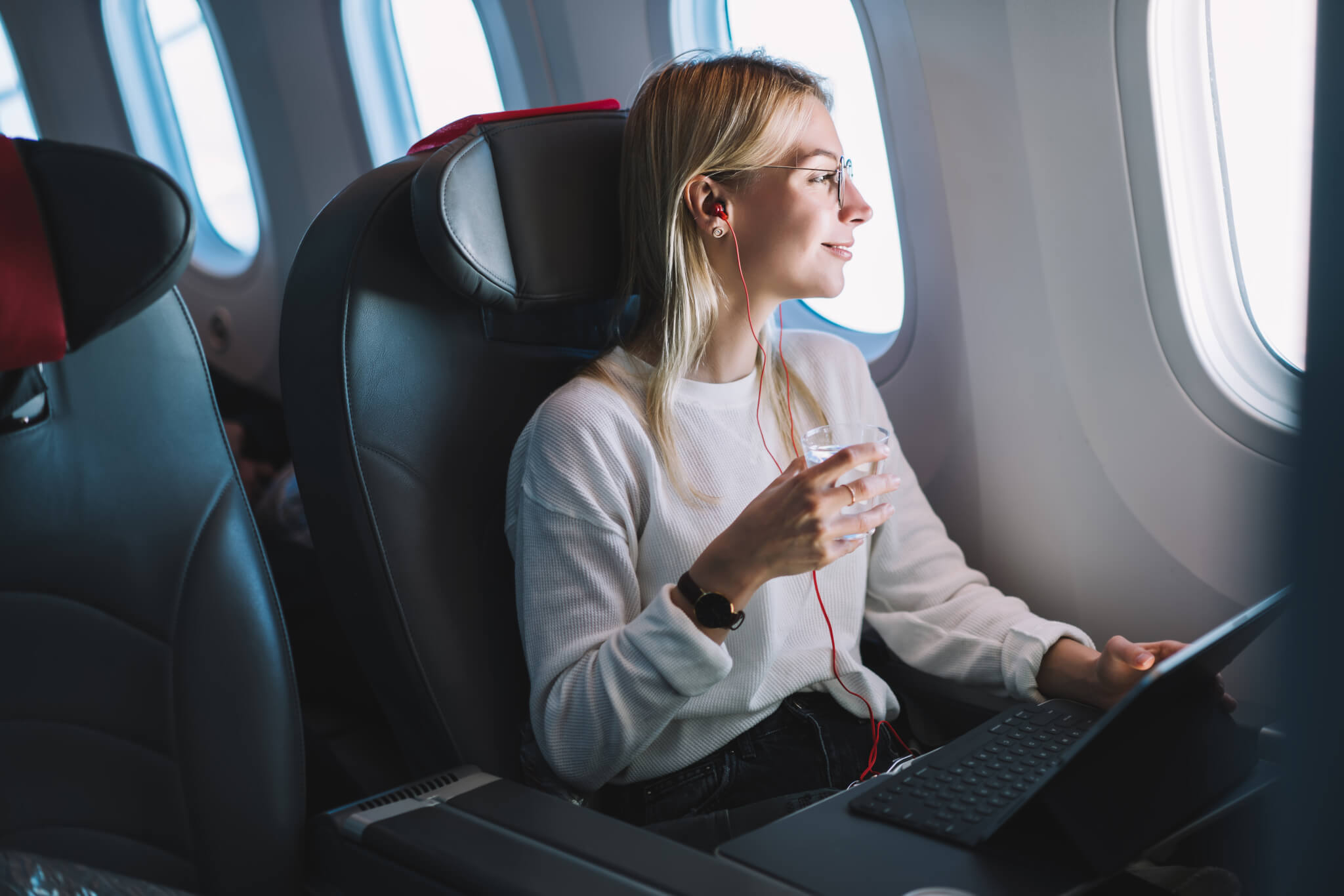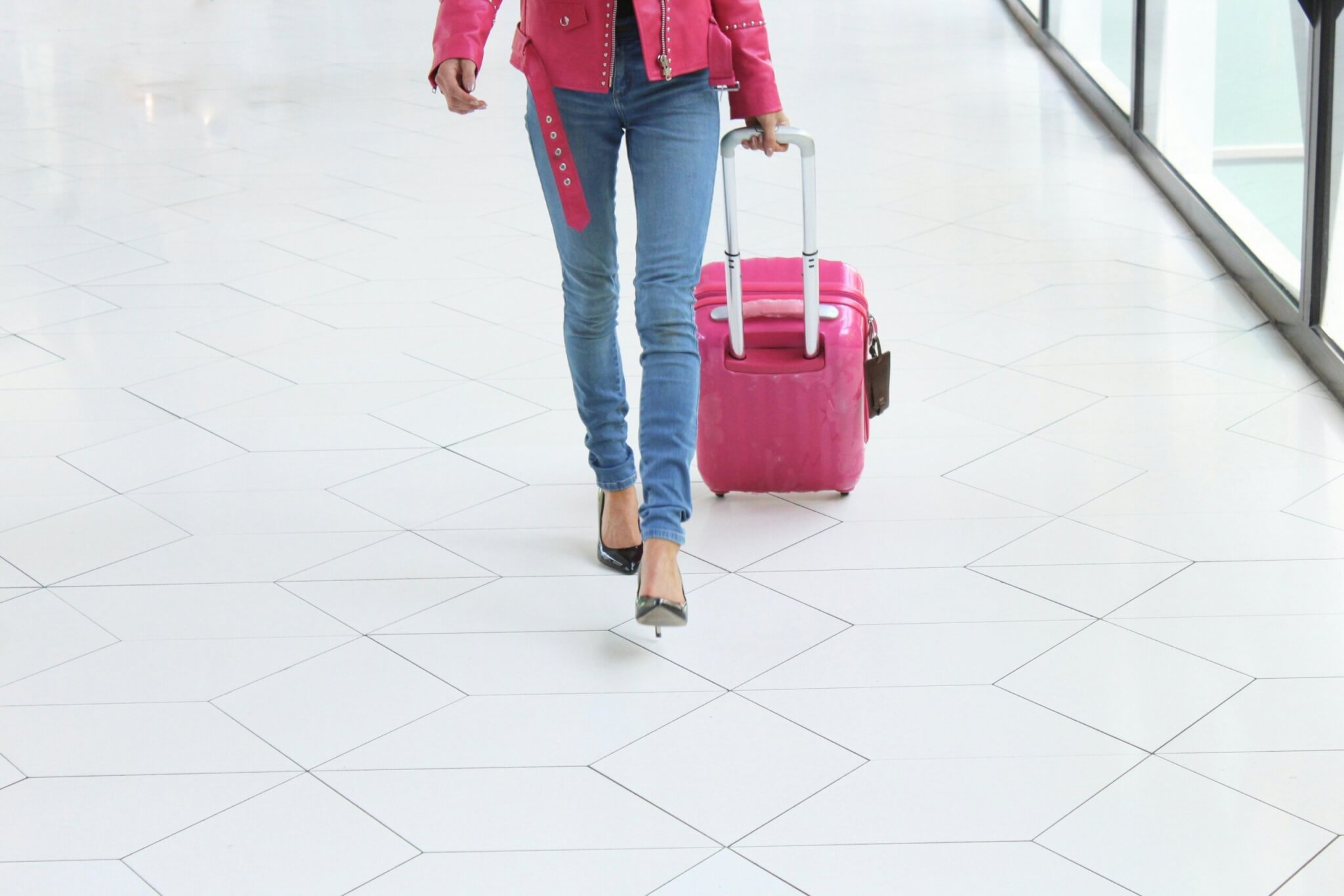
In today’s age of globalization, long-haul flights across multiple time zones have become commonplace. Whether you’re a business traveler, a globetrotter, or visiting family miles away, jetlag is a frequent, unwelcome companion. This temporal disorientation, leading to fatigue, disrupted sleep, and general discomfort, can damper even the most exciting trips. But what if you could minimize these adverse effects and bounce back faster? The following tips delve into strategies to help you combat jetlag, allowing you to make the most of your travels.
Gradually Adjust Your Schedule Before Traveling

A crucial aspect of overcoming jetlag is preparation. In the days leading up to your trip, gradually shift your sleeping and eating patterns to mimic your destination’s. This proactive approach allows your body to gently ease into a different routine, reducing the severity of jetlag upon arrival. For example, if you’re traveling from New York to Paris, which is six hours ahead, try going to bed 30 minutes to an hour earlier each night. This simple step can make a world of difference.
Stay Hydrated

The importance of hydration can’t be overstated. Drinking sufficient water counters the dehydrating effects of air travel, which can intensify jetlag symptoms. Moreover, alcohol and caffeine can further dehydrate the body and disrupt sleep patterns. Make a conscious effort to sip water regularly, and consider carrying a reusable water bottle to refill during layovers.
Sleep Strategically

Sleeping on the plane can be a double-edged sword. Sleeping at a time contrary to the destination’s local time may worsen your jetlag. Plan your in-flight rest periods according to the time zone you’re heading toward. Invest in noise-cancelling headphones, an eye mask, and a comfortable neck pillow to enhance your sleep quality during the journey.
Use Sleep Aids Wisely

Sleep aids, whether prescription or over-the-counter, can be a tempting solution to jetlag-induced insomnia. However, these should be used with caution. Always speak with a healthcare professional about potential side effects and dosage recommendations. Over-reliance can lead to dependency, so it’s best to consider them a last resort.
Maximize Exposure to Natural Light

Your body’s internal clock, or circadian rhythm, heavily relies on natural light to determine when it’s time to be awake or sleep. Immersing yourself in natural light after landing helps anchor your body to the new time zone. Exploring the outdoors, walking in a local park, or simply sitting by a window can significantly help recalibrate your internal clock.
Avoid Heavy Meals Upon Arrival

A bloated stomach can add to the discomfort of jetlag. While local delicacies might be tempting, starting with light, easily digestible meals is wise. This gives your digestive system—the “second brain” that also experiences “lag”—a chance to sync with the local eating schedule.
Stay Active

A lethargic body can intensify feelings of fatigue. Simple activities like walking around your new locale, doing light stretches, or even a short workout can invigorate the body and mind, helping combat the drowsiness associated with jetlag.
Short Naps Only

C crashing into bed might feel heavenly upon reaching your hotel, but it can throw your adjustment off track. If you must nap, set an alarm to ensure it doesn’t extend beyond 30 minutes. Short power naps can rejuvenate you without interfering with your nighttime sleep.
Use Technology

We live in a digital age, and countless apps are designed to help travelers adjust to new time zones. These apps often provide tailored advice, considering factors like your regular sleep-wake cycle, flight details, and destination. Leveraging technology can offer a structured approach to beating jetlag.
Stay Hydrated in the Air

Airplane cabins have extremely low humidity, which can dry your skin and mucous membranes. This dryness can exacerbate feelings of tiredness. To counteract this, drink water consistently during the flight. While flight attendants will offer beverages, don’t hesitate to ask for refills.
Set Your Watch

This small act can have a profound psychological impact. By aligning yourself with the destination’s local time early on, you begin mentally preparing for the change, making it easier for your body to adjust upon arrival.
Be Patient and Allow Recovery Time

Lastly, patience is key. Everyone’s body reacts differently to time zone changes. Rather than stressing about immediate adjustments, give yourself time to acclimate. Avoid over-scheduling your initial days, allowing some leeway for relaxation and recuperation.
Bottom Line

Navigating the maze of jetlag is as much an art as science. Travelers can significantly mitigate the effects of this temporal disruption by being proactive and adopting the abovementioned strategies. Remember, it’s not just about adjusting to a new time zone; it’s about maximizing the experience of your journey. So, the next time you buckle up for a distant adventure, equip yourself with these tools and ensure that jetlag prevents you from savoring every moment. Safe and pleasant travels!
More from Travel Reveal:
